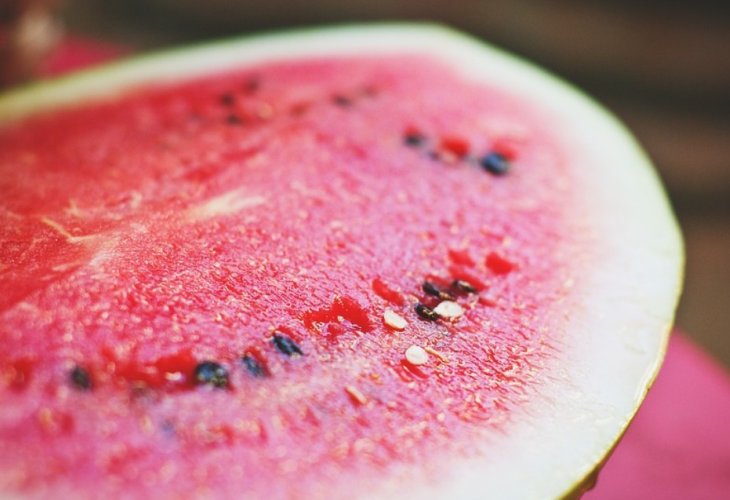Before Summer Ends: What Happens First in Our Body When We Start Eating Watermelon?
Just before summer is over and we find ourselves missing watermelon again - here's why you should keep buying it until the season truly ends.

Just before summer is over and we find ourselves missing watermelon again - here's why you should keep buying it until the season truly ends, when it disappears from the shelves.
What happens first in our body when we start eating watermelon?
Our kidneys get to work. What do they do? They transform an amino acid called L-citrulline into another acid, which has a far more positive impact on our body, known as L-arginine.
Research shows that healthy individuals who consumed an adequate amount of this acid prevented many diseases, including diabetes.
What else do we know about arginine, and where can it be found in other foods? Here are some facts you might want to know:
- A deficiency in arginine can occur during low-protein diets and various medical conditions. In such cases, doctors may recommend taking it as a supplement.
- This acid stimulates the secretion of growth hormone, which is why many athletes frequently take it.
- Arginine produces essential nutrients in our body, like creatine, which is vital for muscle building and maintaining healthy nerve cells.
- Arginine may help with conditions such as high blood pressure, type 2 diabetes, atherosclerosis, heart failure, chest pain, and more.
- Arginine helps to expel excess ammonia from the body.
- Arginine aids in the production of nitric oxide.
- Arginine plays a very important role in the body's metabolic processes.
This acid can also be found in lamb, peanuts, walnuts, pecans, almonds, cashews, sesame seeds, sunflower seeds, raisins, chocolate, buckwheat, corn, oats, eggs, and dairy products.
Another thing that happens in your kidneys when you eat watermelon is a massive detoxification, thanks to the high levels of calcium and potassium it contains. So, what are you waiting for? Go eat watermelon before it’s gone.
Do you like to eat the white part of the watermelon too? Well, you'll be happy to know that you can eat it as well, as it is rich in vitamins and minerals that our body really loves.
A study conducted by American researchers found that the watermelon rind (its white part) can help lower blood pressure and maintain the functionality of entire systems in our body, including the kidneys. Additionally, this rind is rich in vitamin C, magnesium, zinc, potassium, and vitamin B6.

